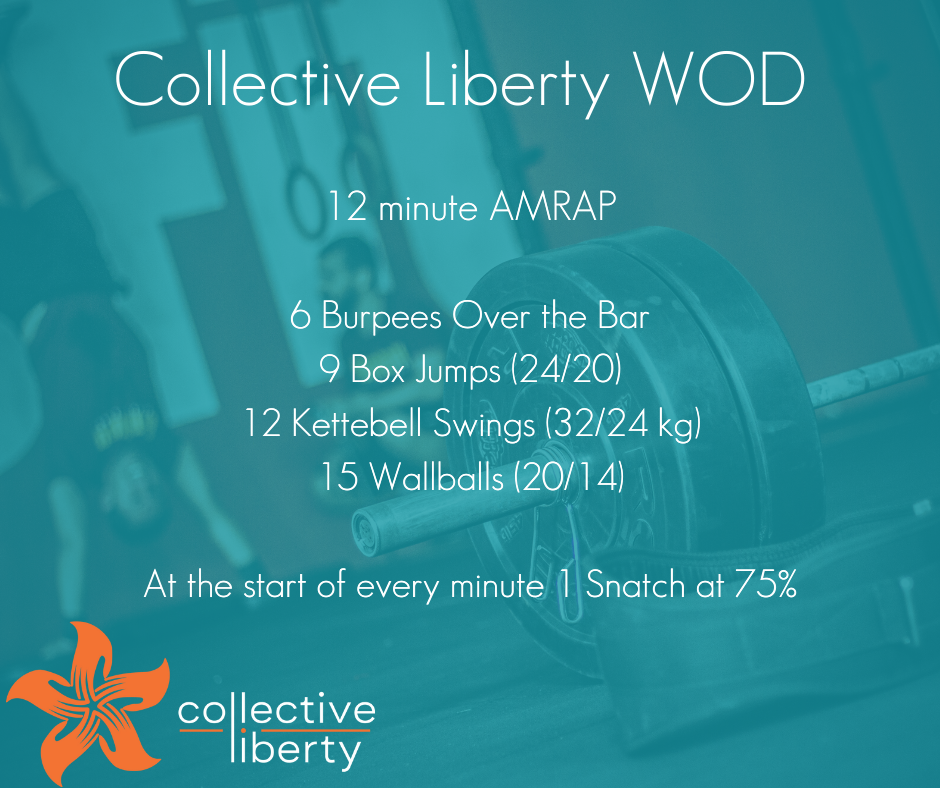While this article is an in-depth study on the labor trafficking across agricultural fields in Italy, the survivor accounts and experiences, and the traffickers’ behavior, are identical to the reality in every nation that relies on agriculture as part of their economy.
Select excerpts are below, but the entire longform article is worth reading. It is available here, at The Guardian.com.
“When you have been enslaved,” Sagnet says, “it’s such a strong thing that your head begins to reason differently. It’s not the slavery of hundreds of years ago, when you were deprived of your liberty. Slavery in the 21st century doesn’t need chains, because they exploit a continual sense of intimidation that the most vulnerable people, like immigrants, feel.”
On 6 August last year, 14 immigrant farmhands in Foggia, on the ankle of the Italian boot, were coming home from a 12-hour shift picking tomatoes in 40C heat. The minibus carrying them was registered in Bulgaria; the driver didn’t have a licence or insurance. The seats inside were wooden planks, and it was so crowded that passengers couldn’t even see out. The vehicle was travelling at speed when it collided head-on with a truck loaded with tomatoes.
After the crash, you could see contorted limbs through the smashed windows. The entire front third of the vehicle was concertinaed and the roof was ripped open. Bags and clothing spilled out on to the road, and there were large patches of blood on the asphalt. Twelve of the 14 labourers died. Only two days before, also in Foggia, four labourers had died in a similar accident: 16 dead in 48 hours.








